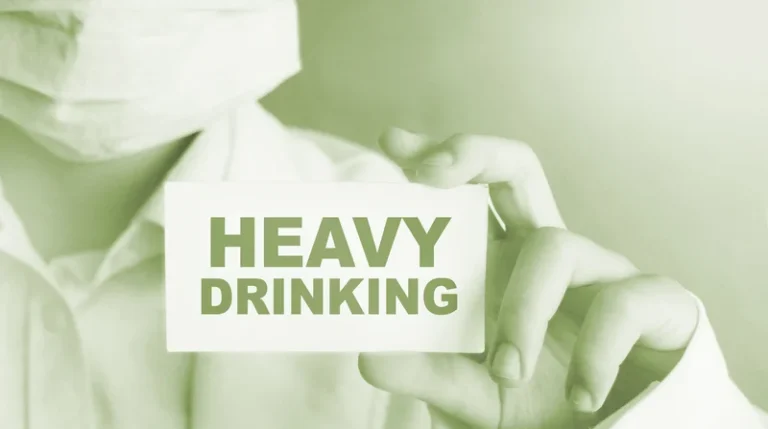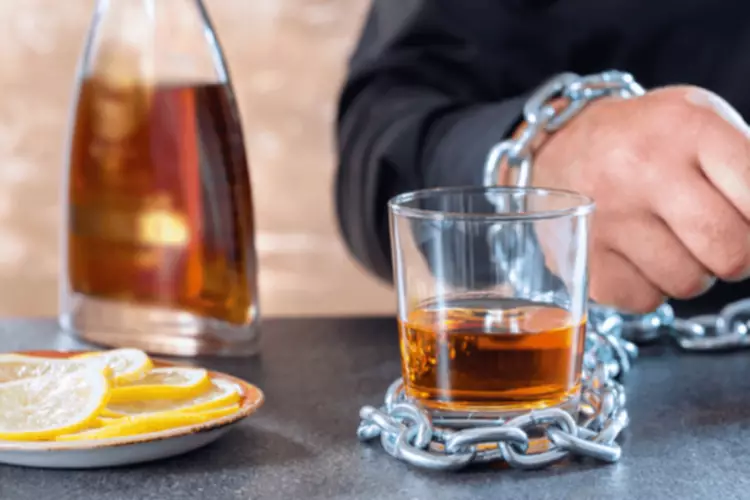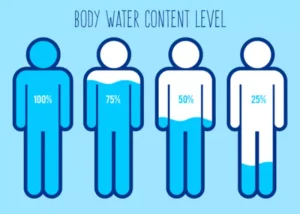Alcohol Detox and Withdrawal: What to Expect During Treatment

Individuals with alcohol withdrawal syndrome may experience nausea, anxiety, extreme fatigue, and even seizures and hallucinations. These symptoms occur as a person’s body adjusts to the absence of alcohol in their system. And while symptoms typically improve within 5 days, some individuals may experience prolonged symptoms. A healthcare provider will also run tests to rule out other medical conditions that have similar symptoms of alcohol withdrawal or occur alongside withdrawal.
Alcohol Withdrawal Treatment
A heavy drinking binge may even cause a life-threatening coma or death. This is of particular concern when you’re taking certain medications that also depress the brain’s function. Unhealthy alcohol use includes any alcohol use that puts your health or safety at risk or causes other alcohol-related problems.
- Behavioral health treatment for alcohol problems is often (but not always) covered by insurance.
- Because complications of AWS can be deadly, never try to wait out your tremor from AWS or manage it on your own.
- That’s why when you quit drinking, it takes time for your body to adjust.
- Additional medications (disulfiram, naltrexone, and acamprosate) are prescribed to help people stay sober.
Alcohol Withdrawal Timeline & Symptoms

When alcohol use ends, the brain’s chemical balance is disrupted, which results in the negative physical and mental symptoms of alcohol withdrawal. Following detox, you will be ready to begin treatment for alcohol addiction. The Recovery Village offers many different treatment options, including inpatient and outpatient rehab. Rehab is a proven treatment method for alcohol addiction because it addresses both the physical and psychological sides of the disease.
- There are many alcohol treatment programs that focus on helping individuals overcome drinking problems, no matter how minor or how serious.
- When you stop consuming alcohol after prolonged, heavy use, your CNS can’t respond or regulate itself fast enough.
- The higher the number, the worse a person’s symptoms are and the more treatments they likely need.
- Addiction, tolerance and physical dependence encourage people to drink more alcohol over time, not less.
Medications Used For Alcohol Withdrawal
- These effects can result in a real risk to the individual experiencing withdrawal as well as their loved ones who could be in harm’s way.
- Depending on your detox program and health history, your doctor may give you medication right away.
- So, giving up alcohol can help your skin to look more hydrated and glowing.
- Inpatient alcohol detox, also known as medical detox, involves entering a detox facility for three to five days on average.
- Withdrawal can be broken down into three stages.6 Not everyone will experience each stage.
- A doctor can evaluate your overall health and alcohol abuse history to help you determine how likely it is that you’ll experience symptoms.
After every setback and subsequent attempt at quitting, the next withdrawal can become even harder. Because of the neurological hyperactivity in the brain, reactions to withdrawal become increasingly more severe after going through it multiple times. In this phase, professionals assist with the acute symptoms of withdrawal in a variety of settings.

Heavy drinkers who suddenly stop drinking may experience any range of dangerous symptoms, so it’s important for those experiencing withdrawal to undergo medically-assisted detox. Outpatient treatment may be available for mild-to-moderate symptoms of alcohol withdrawal; however, should symptoms alcohol detox side effects become severe, inpatient care may be required. Some people are apprehensive to quit drinking because they’re nervous about the withdrawal symptoms experienced during alcohol detox. While some people may only be affected by minor effects of alcoholism, others may face extreme pain.
- One of the best things about giving up alcohol is that you may find yourself feeling happier overall.
- If you feel that any of our content is inaccurate, out-of-date, or otherwise questionable, please contact at
- Depending on the level and duration of alcohol use, home remedies for alcohol withdrawal can be too dangerous.
- Alcohol use disorder frequently occurs alongside other mental health conditions.
- Generally, these symptoms include anxiety, low energy, trouble sleeping and delayed reflexes, and can last from several months to a year.
- People with co-occurring disorders may also need a higher level of care to protect their health.
Delirium tremens: 48–72 hours
Seizures can occur within 6 to 48 hours, while hallucinations can occur within 12 to 48 hours after drinking is reduced or stopped, says Dr. Nolan. This is considered a medical emergency because it can lead to permanent brain damage. Alcohol withdrawal can begin within hours of ending a drinking session.

Alcohol Withdrawal Symptoms, Detox, Timeline, and Treatment

Leave a Reply